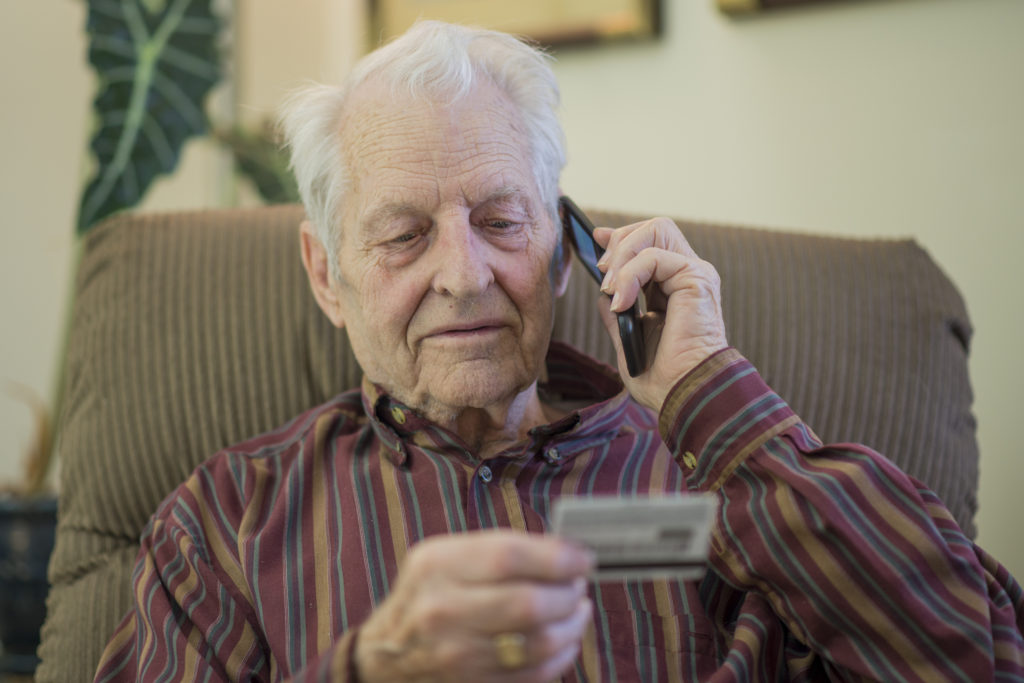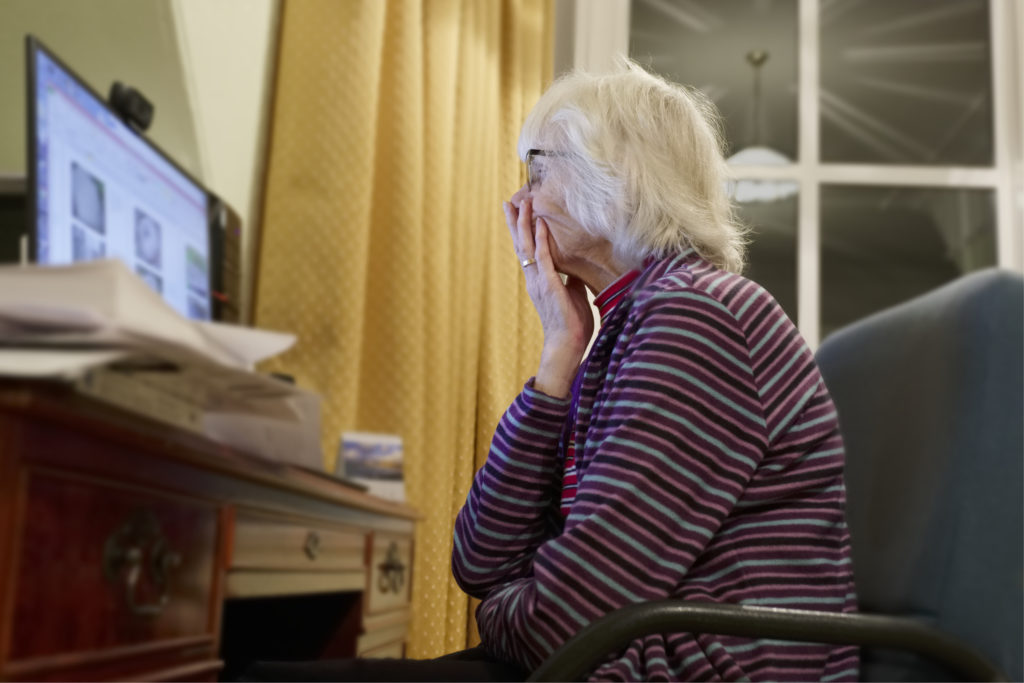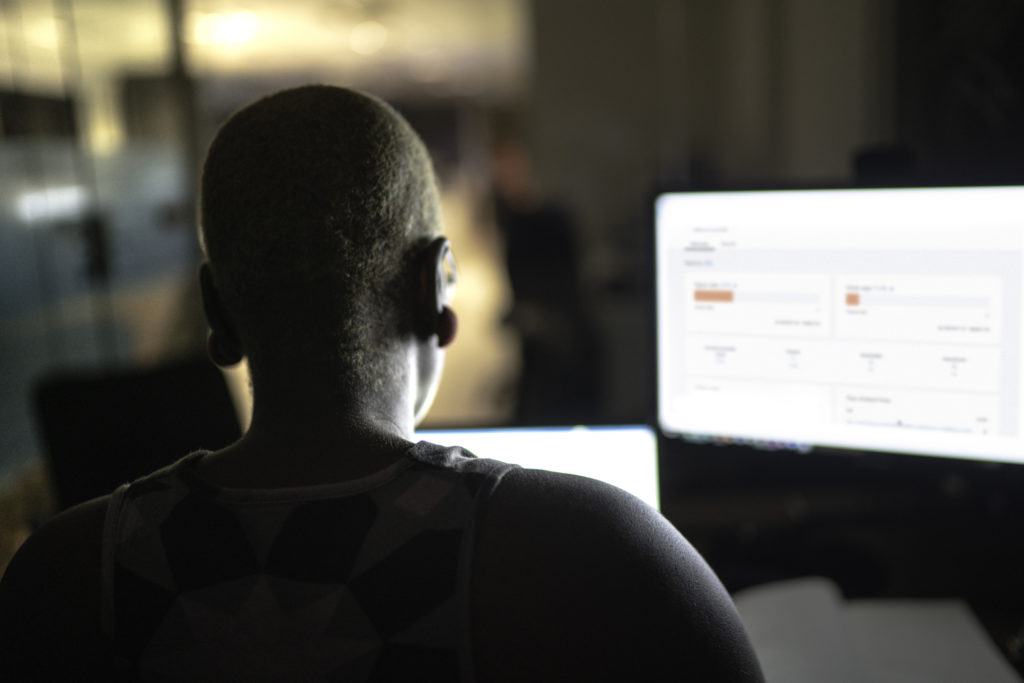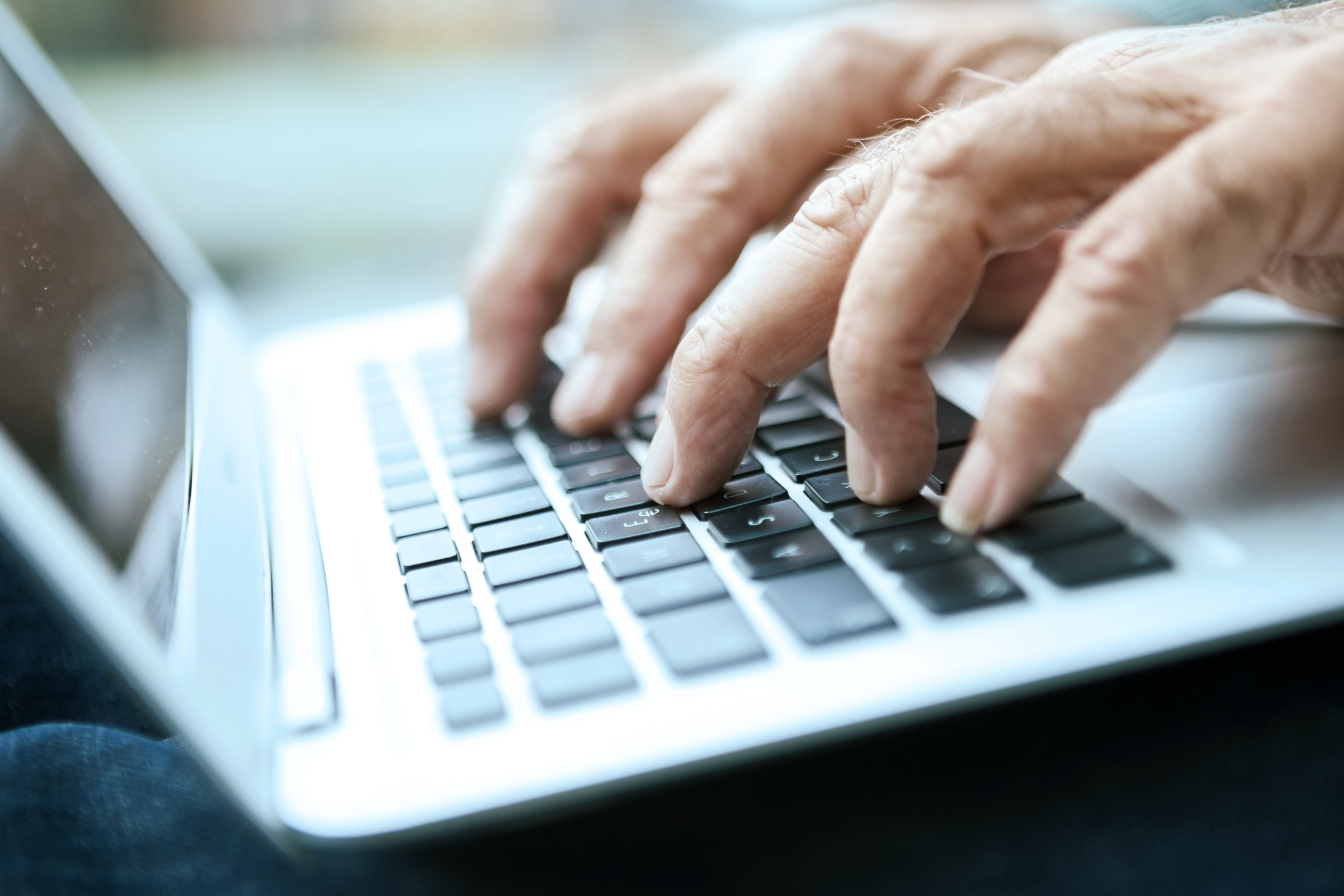The past several months have been hectic due, in large part, to the global health crisis caused by COVID-19. Phishing and other scams have steadily risen in popularity as fraudsters attempt to capitalize on the anxiety and fear prevalent in society. In particular, officials and government agencies have noticed a rise in coronavirus-specific scams. But, by staying informed and taking a few simple precautions, you can protect yourself against possible scam attempts. Here’s some information that can help.
Fake government representation
Governments all over the world have provided funds for citizens and businesses to help counteract some of the issues that COVID-19 has caused. Because of these stimulus payments, many scammers are returning to old-but-reliable methods. Many of their strategies involve pretending to be a government employee. To combat these attempts, the single most important thing to remember is that most government agencies will never initiate contact with you over the phone or via text message. They will absolutely never use social media like Facebook. Most agencies will send an actual letter with information on how you can contact them as their first point of contact.

Scammers rely on urgency and threats to get your money. They usually rely on tactics like:
- Calls or emails demanding payment using a specific, but unusual, method of payment for “past due” balances. They may ask for gift cards, prepaid debit cards, or wire transfers.
- Demand payment without providing any information about why you owe that amount or allowing you to appeal it.
- Threatening to contact various law enforcement agencies.
Newer COVID-19 scams may use variations of these tactics, including:
- Mentioning “stimulus” or “bailout” payments.
- Asking you to sign over your economic impact payment check.
- Asking you to visit a website and enter your banking information to receive an economic impact payment.
- Asking over email, text, social media, or phone for verification of banking information.
- Sending a fake check and asking you to contact them via phone or website to provide them with banking information to cash it.
Too good to be true
Coronavirus scams aren’t just targeting stimulus funds. Many fraudsters will register official-sounding website names to seem more legitimate. Some try to sell ebooks about how to fight the virus while others sell medications they claim can cure or treat it. There is currently no cure or vaccine for COVID-19, and these scammers are simply trying to take advantage of those in a vulnerable state. Another notable scam attempt relies on emails and texts that claim to be giving out free smartphones and computers to people in need. Remember, if it seems too good to be true, it probably is.

You may not even need to purchase anything for these scams to achieve their goal. Many scam websites will have hidden malware or dangerous ads that can harm your computer or gather information about you. These then lead to other common tech scams, like demanding payment for virus removal.
Defending against scams
Though these scams may seem scary and complex, defending against them is actually pretty simple. Educating yourself is the best way to protect against scams and phishing attempts. You should also secure your devices with reliable anti-malware software and a browser with built-in protections, like OneLaunch. Other anti-malware options include malware removal, antiviruses, and ad blockers. There are also a variety of browser extensions and add-ons you can install that provide these and other benefits.

Another easy way to stay safe is to simply be cautious. You don’t need to be paranoid, but you should verify everything before you take any action. Just remember that you should always be the one to initiate contact with any agency that claims to represent the government or a health official.
The bottom line
Ultimately, Coronavirus scams are everywhere and target people all over the world. By being cautious and using reliable software like OneLaunch, you can stay safe and keep your personal information secure. Listen to global health organizations and federal agencies to stay up-to-date on all current information.










 Share On Twitter
Share On Twitter